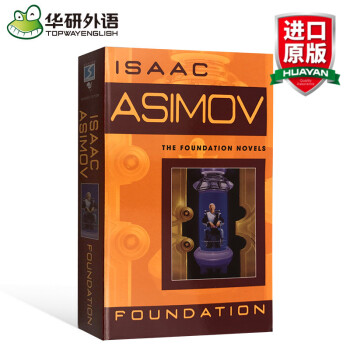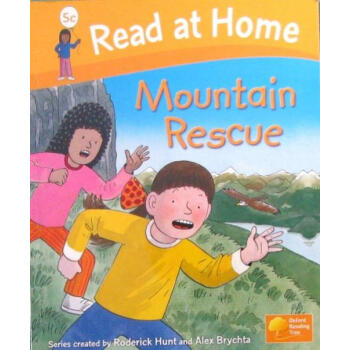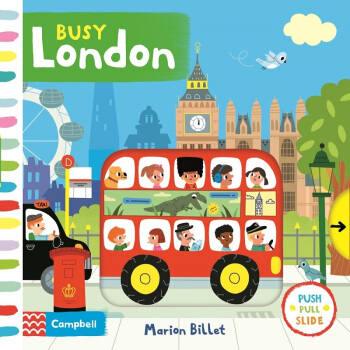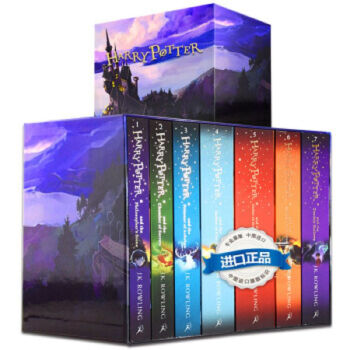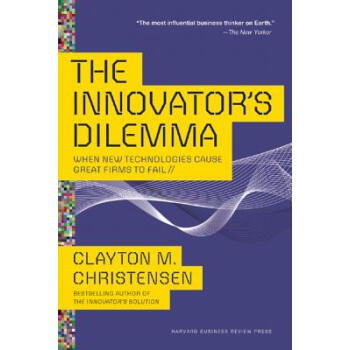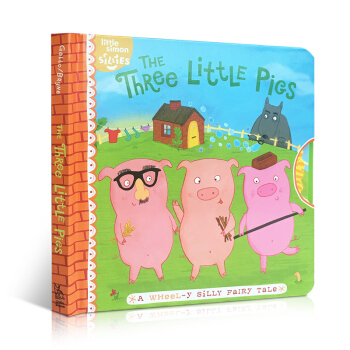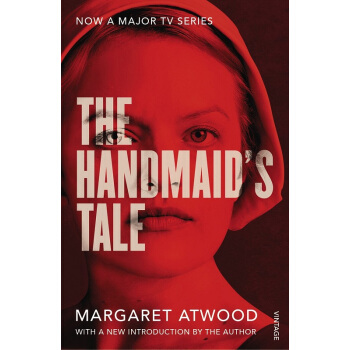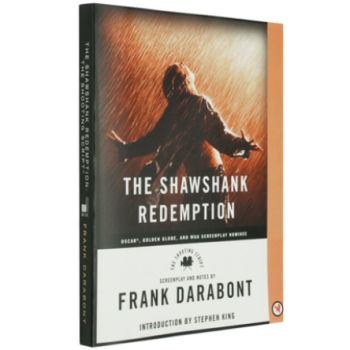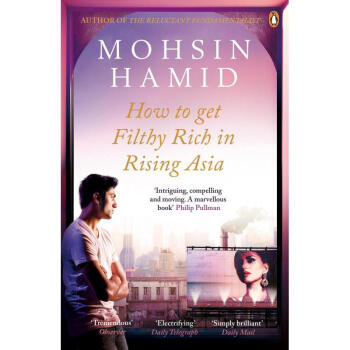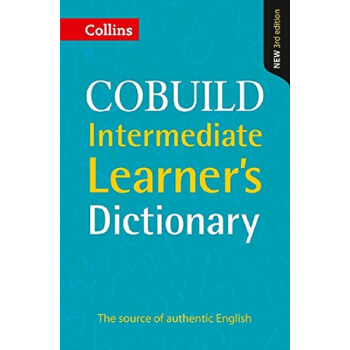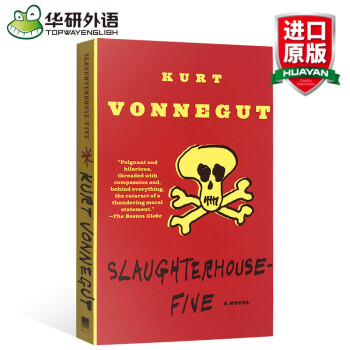

具体描述
书名:Slaughterhouse-Five第五号屠宰场
难度:Lexile蓝思阅读指数850L
作者:Kurt Vonnegut库尔特·冯内古特
出版社名称:Dell Publishing Company
出版时间:1991
语种:英文
ISBN:9780440180296
商品尺寸:10.4 x 1.5 x 17.4 cm
包装:简装
页数:224
Slaughterhouse-Five《第五号屠宰场》是美国作家库尔特·冯内古特创作的长篇小说。该小说以二战为背景,描述一名凡人,在晚上,做了一个内容十分复杂多变的恶梦,梦中历了集中营与未来星球世界的生活,在过去和未来之间,他想到了很多的问题,并在过去和未来的世界里去找寻答案。《第五号屠宰场》跨越时空的界限,将战争的真实与科幻的奇异交织起来,在新奇的视野中揭露真实,成为20世纪美国重要的小说之一。
《第五号屠宰场》,揭示了当人面对荒诞的死亡,人要成为“死亡”的主人这一深刻主题。“死亡”在《第五号屠宰场》中,由一种被动的悲观等待变成了一种主动的生存美学。把“死亡”看作是重塑和再生的必经之路。
由该作品改编的同名电影《第五屠宰场》,于1972年在美国上映。
Review
“Poignant and hilarious, threaded with compassion and, behind everything, the cataract of a thundering moral statement.” — The Boston Globe
“Very tough and very funny... sad and delightful... very Vonnegut.” — The New York Times
“Splendid art... a funny book at which you are not permitted to laugh, a sad book without tears.” — Life
主人公毕利,在第二次世界大战中,他随部队到达欧洲,参加了保吉战役,结果被德军俘虏,随后到德国德累斯顿的一个地下屠宰场做苦工。德累斯顿是一座历史悠久的美丽古城,没有任何军事目标。然而就是这样一座城市,1945年却遭到英美联军的联合轰炸,被一夜间夷为平地。毕利被关在地下冷藏室而幸免于难,然而这段经历却给他造成无法愈合的精神创伤。
毕利由于战争精神深受刺激,心理受创伤之后经常出现幻想:他遭遇飞碟绑架,被送到特拉法玛多星球,在星球动物园中像动物般被展出和观看。
毕利挣脱了时间的羁绊,他就寝的时候,是个衰老的鳏夫,醒来时却在举行婚礼。他从1955年的门进去,却从另一个门1941年出来了。
Billy Pilgrim is the son of an American barber. He serves as a chaplain's assistant in World War II, is captured by the Germans, and he survives the largest massacre in European history the fire bombing of Dresden. After the war Billy makes a great deal of money as an optometrist, and on his wedding night he is kidnapped by a flying saucer from the planet Tralfamadore. So begins a modern classic by a master storyteller.
Kurt Vonnegutwas a master of contemporary American literature. His black humor, satiric voice, and incomparable imagination first captured America's attention in The Sirens of Titan in 1959 and established him as “a true artist” with Cat's Cradle in 1963. He was, as Graham Greene declared, “one of the best living American writers.” Mr. Vonnegut passed away in April 2007.
All this happened, more or less. The war parts, anyway, are pretty much true. One guy I knew really was shot in Dresden for taking a teapot that wasn't his. Another guy I knew really did threaten to have his personal enemies killed by hired gunmen after the war. And so on. I've changed all the names.
I really did go back to Dresden with Guggenheim money (God love it) in 1967. It looked a lot like Dayton, Ohio, more open spaces than Dayton has. There must be tons of human bone meal in the ground.
I went back there with an old war buddy, Bernard V. O'Hare, and we made friends with a cab driver, who took us to the slaughterhouse where we had been locked up at night as prisoners of war. His name was Gerhard Müller. He told us that he was a prisoner of the Americans for a while. We asked him how it was to live under Communism, and he said that it was terrible at first, because everybody had to work so hard, and because there wasn't much shelter or food or clothing. But things were much better now. He had a pleasant little apartment, and his daughter was getting an excellent education. His mother was incinerated in the Dresden fire-storm. So it goes.
He sent O'Hare a postcard at Christmastime, and here is what it said:
“I wish you and your family also as to your friend Merry Christmas and a happy New Year and I hope that we'll meet again in a world of peace and freedom in the taxi cab if the accident will.”
I like that very much: “If the accident will.”
I would hate to tell you what this lousy little book cost me in money and anxiety and time. When I got home from the Second World War twenty-three years ago, I thought it would be easy for me to write about the destruction of Dresden, since all I would have to do would be to report what I had seen. And I thought, too, that it would be a masterpiece or at least make me a lot of money, since the subject was so big.
But not many words about Dresden came from my mind then — not enough of them to make a book, anyway. And not many words come now, either, when I have become an old fart with his memories and his Pall Malls, with his sons full grown.
I think of how useless the Dresden part of my memory has been, and yet how tempting Dresden has been to write about, and I am reminded of the famous limerick:
There was a young man from Stamboul, Who soliloquized thus to his tool: “You took all my wealth And you ruined my health, And now you won't pee, you old fool.”
And I'm reminded, too, of the song that goes:
My name is Yon Yonson, I work in Wisconsin, I work in a lumbermill there. The people I meet when I walk down the street, They say, “What's your name?” And I say, “My name is Yon Yonson, I work in Wisconsin...”
And so on to infinity.
用户评价
这本书的魅力在于它拒绝给出任何简单的答案或安慰。它像一面多棱镜,将“意义”这个概念折射得支离破碎,让你在寻找答案的过程中,反而更加清晰地看到了提问本身的荒谬性。那些看似无厘头的、充满想象力的元素,比如外星访客和时间旅行的设定,并非是简单的奇幻点缀,而是用来映射现实中那些无法用常理解释的事件的工具。我尤其欣赏作者在处理“幸存者内疚”这一沉重主题时所展现出的克制与幽默的完美平衡。读罢合卷,心中留下的不是沉重的哀伤,而是一种略带清醒的、对生命无常的接受与敬畏。这是一部真正意义上的、能够改变你思考模式的杰作,它挑战了我们对现实的预设,让人久久回味。
评分从文学技法的角度来看,这部作品简直是一场盛宴。作者对于句法的掌控达到了炉火纯青的地步,他能够在一句话中完成从极度荒谬到深刻洞察的瞬间跨越。与那些循规蹈矩的小说相比,它显得如此自由和不羁,仿佛作者根本不受任何写作规范的束缚,完全由内心的冲动和对主题的把握来引导叙事方向。我能清晰地感觉到,作者在刻意地打破第四面墙,或者说,他根本就不承认有什么墙存在。这种坦诚和直接,有时候会让人感到一丝暴露,但也正是这种暴露,带来了极大的阅读震撼力。它不仅仅是在讲一个故事,更像是在邀请你进入一场关于叙事本质和个体在巨大历史洪流中如何定位的深度对话。
评分说实话,这本书的阅读体验是极其独特的,它挑战了我对传统小说结构的认知。我发现自己不得不放慢速度,反复咀嚼某些句子,因为它们的密度实在太高了,每一句话似乎都承载了双重甚至多重的含义。那些关于战争、创伤和人性异化的描绘,没有采用那种煽情或说教的方式,而是通过一种近乎疏离的、科幻的外衣包裹起来,反而使得其批判力量更加锐利。最让我印象深刻的是其中对“时间”这个概念的颠覆性处理。它不再是河流,而更像是一堆散落的碎片,可以随时被重新拾起和审视。这种叙事上的大胆尝试,使得人物的成长和变化也变得非常复杂和耐人寻味,你很难用简单的“好”或“坏”来定义任何一个角色。读完后,我感觉自己需要一些时间来“重启”大脑,重新适应我们日常生活中那种线性的时间感。
评分这是一本需要“感受”而非仅仅“阅读”的书。它的语言风格轻快、机智,充满了黑色幽默,但这层外壳之下,却隐藏着对人类集体创伤的深刻剖析。作者有一种魔力,能将最可怕的场景描绘得像是在讲述一个无关紧要的笑话,这种反差制造出一种令人不安但又无法抗拒的阅读张力。我特别喜欢那种时不时冒出来的、看似毫不相关却又在结尾处精妙汇合的细节。这种铺陈需要读者保持高度的注意力,因为它不允许任何一个段落被轻易跳过。它更像是一幅复杂的挂毯,每一根丝线,无论多么微小或颜色多么不协调,最终都成为了整体画面中不可或缺的一部分。它迫使你从全新的角度去审视那些历史事件,不再是教科书上的冰冷记载,而是成为了一种个人化的、碎片化的体验。
评分这本书给我带来了一场关于时间和存在的迷幻旅程。作者的叙事手法着实令人惊叹,他似乎能将过去、现在和未来随意地编织在一起,让人在阅读时完全沉浸在他的奇特世界观里。那种跳跃感,不是那种令人困惑的混乱,而是一种精心设计的,如同梦境一般的流动。我尤其欣赏他处理那些宏大、沉重主题时所采用的、那种近乎冷漠却又带着一丝温柔的语调。它让你在笑的同时,又忍不住思考那些深刻的哲学问题,关于自由意志、宿命论,以及我们如何面对生命中那些无法理解的残酷。每一次翻页,都像是在解开一个更深层的谜团,即使故事本身充满了荒诞和超现实的元素,核心的情感却异常真实和触动人心。这部作品的结构本身就是一种艺术表达,它拒绝线性的叙事,强迫读者以一种全新的方式去体验故事的起伏和人物的命运。
相关图书
本站所有内容均为互联网搜索引擎提供的公开搜索信息,本站不存储任何数据与内容,任何内容与数据均与本站无关,如有需要请联系相关搜索引擎包括但不限于百度,google,bing,sogou 等
© 2026 book.coffeedeals.club All Rights Reserved. 静流书站 版权所有




